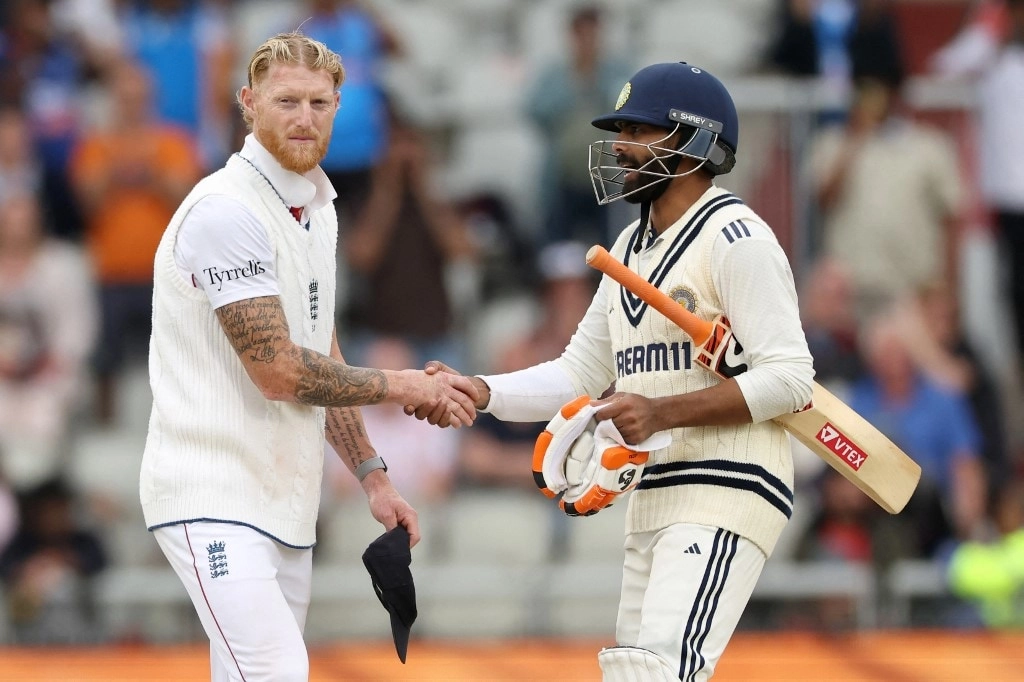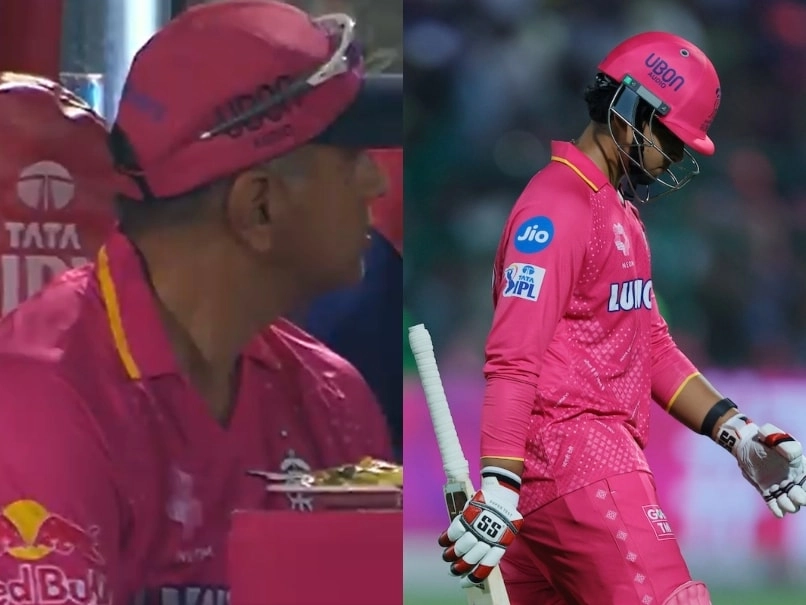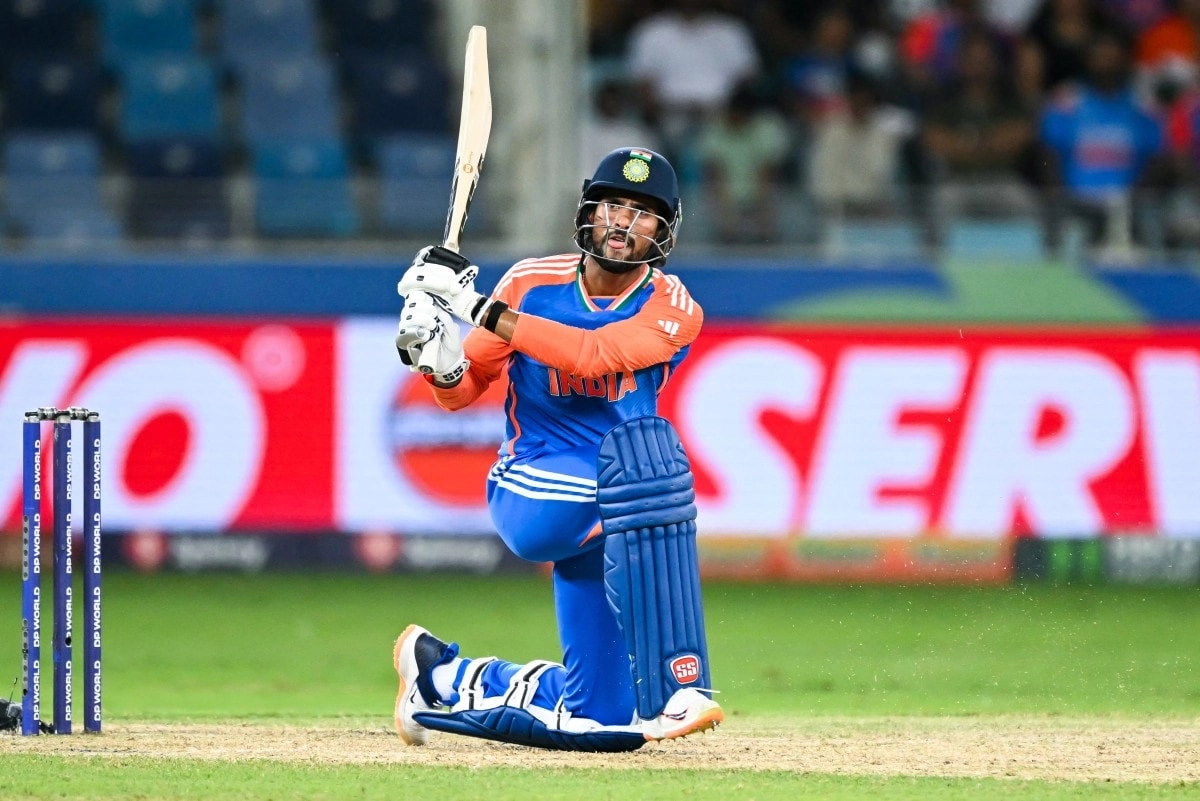Ben Stokes, the renowned England cricket captain, has recently found himself at the center of controversy following a handshake incident during a match. The situation, which has drawn considerable media attention, unfolded in the context of an on-field dispute with a rival player. Despite the uproar surrounding the handshake, Stokes has expressed his feelings of support from various quarters, emphasizing that he is not alone in navigating this tumultuous moment. In an interview, he reflected on the event, mentioning his experience of sitting in the players’ lounge and processing the incident with his teammates.
The handshake incident has sparked a myriad of opinions, with fans and analysts weighing in on the appropriateness of the actions taken by both Stokes and his opponent. Many have rallied behind Stokes, praising his leadership qualities and the way he has handled the situation. This support has come not only from his teammates but also from former cricketers and sports commentators who recognize the pressures athletes face in high-stakes environments. Stokes, known for his resilience on and off the field, appears to be using this experience as a learning opportunity, reinforcing his commitment to sportsmanship and respectful conduct.
Moreover, the incident has opened up discussions about the importance of maintaining professionalism in sports. The scrutiny that players endure, especially in high-profile matches, often leads to intense emotions and actions that can be misinterpreted. Stokes’ willingness to address the matter publicly shows his dedication to upholding the integrity of the game. As he navigates through the aftermath of the handshake controversy, the support he has garnered serves as a reminder of the camaraderie that exists within the sport, highlighting the significance of solidarity among players in the face of adversity. Ultimately, this incident may pave the way for a broader dialogue about ethics and behavior in competitive sports, reinforcing the values that underpin the essence of cricket.




